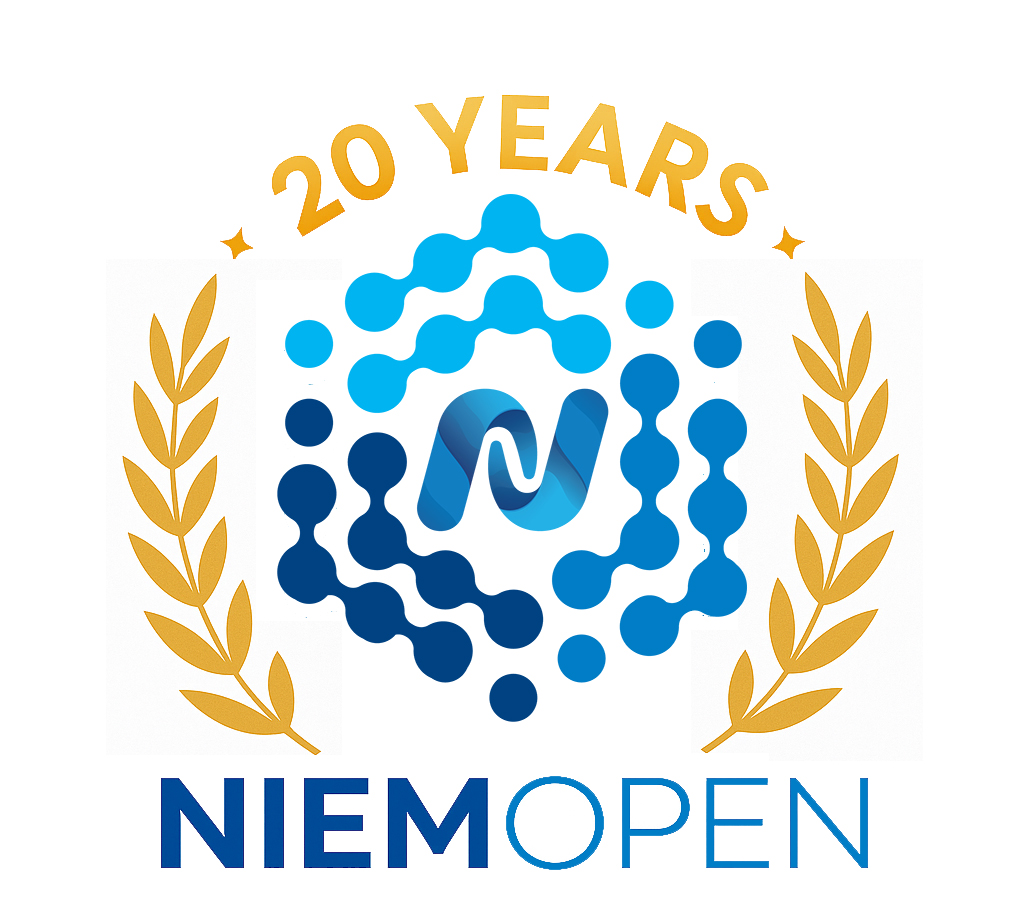
NIEM Version 5.2 is now Available for Public Release
December 27, 2022
NIEMOpen Reveals Its Inaugural Summit
October 2, 2024After hearing that NIEMOpen was awarded the 2023 OASIS Open Cup, you may be interested in learning more about the new OASIS Open Project. With the assistance of ChatGPT, the current technology darling of the moment, here is a quick summary of what you need to know about NIEM.
What is NIEM?
NIEM, formerly known as the "National Information Exchange Model,” is a framework for exchanging information between public and private sector organizations. The framework includes a reference data model for objects, properties, and relationships; and a set of technical specifications for using and extending the data model in information exchanges.
NIEM promotes scalability and reusability of messages between information systems which allows organizations to share data and information more efficiently. It was launched in 2005 in response to the U.S. Homeland Security Presidential Directives to improve information sharing between agencies following 9/11. Since then, NIEM has been updated and maintained in a collaboration between the U.S. federal government, state and local government agencies, private sector, and non-profit and international organizations with new versions released roughly annually. NIEM 5.2, the latest version released in December 2022, defines a set of common objects, “NIEM Core,” and 17 sets of objects that are specific to certain government or industry verticals, “NIEM Domains.”
Who Uses NIEM?
In the public sector, NIEM is widely used by U.S. federal, state and local government agencies, particularly in and between law enforcement, emergency management, and criminal justice organizations. For example, the Law Enforcement National Data Exchange (N-DEx), a repository of criminal justice records used by law enforcement agencies across the U.S., uses NIEM extensively.
In private sector, non-profit, and international organizations, NIEM is most often used to exchange information with U.S. government agencies. However, NIEM is also gaining adoption internally in Canada, Australia, and the European Union.
Why did NIEM transition to an OASIS Open Project?
The US Department of Justice (DOJ) sponsored and managed NIEM’s predecessor, the Global Justice XML Data Model (GJXDM) for several years prior to the launch of NIEM in 2005 when the Department of Homeland Security (DHS) took over management of NIEM. Since then, management has rotated through the Departments of Health and Human Services (HHS) and Defense (DOD) as each joined the NIEM Executive Steering Committee (ESC) as sponsors.
In September 2022, the NIEM ESC announced that NIEM would transition to an OASIS Open Project. As an OASIS Open Project:
- Governance of NIEM is expanded to include opportunities for public sector, private sector, non-profit and international organizations,
- NIEM specifications can be considered for approval as standards by an open, well-established, global standards organization, and
- NIEM will have access to the resources, expertise, and community support of OASIS, which will help to accelerate the development and adoption of NIEM and its standards.
NIEM already relates to several existing OASIS Standards, including the LegalXML Electronic Court Filing (ECF) and Code List Representation (CLR). As an Open Project under common IPR policies, NIEM can align more easily with other OASIS specifications.
Overall, the transition to an OASIS Open Project will help to ensure the continued evolution and growth of NIEM as a critical tool for information exchange, both within the United States and internationally.
How do I get involved with NIEMOpen?
As an OASIS Open Project, there are now many ways to get involved with NIEMOpen, including:
- Get trained and implement NIEM in your information exchanges,
- Follow, contribute, and provide feedback to the project on GitHub,
- Explore your participation options in the NIEM Management Office, NIEM Technical Architecture Committee (NTAC), NIEM Business Architecture Committee (NBAC), and/or any of the 17 Domain Subcommittees.
- Help govern NIEMOpen by joining the Project Governing Board as a Project Sponsor.
Whether you're a government agency, private sector organization, non-profit, or an individual, you can play a role in shaping the future of information exchange.
______
About the (human) author:
Jim Cabral is VP of Court Relations for InfoTrack US, Vice-Chair of the OASIS board, a long-time contributor to NIEM and currently a Co-Chair of the NTAC TSC.



